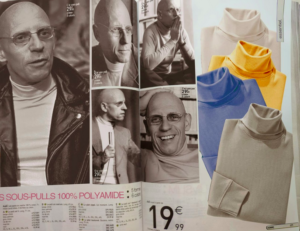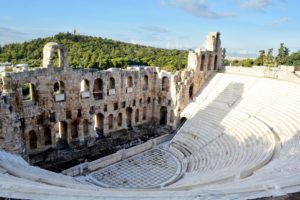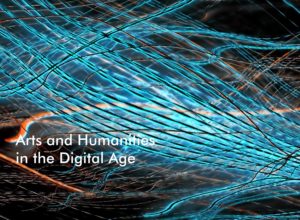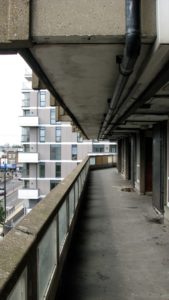Thesis Boot Camp experience

Mara Arts
Over the course of three days early April, a group of Birkbeck PhD students were able to participate in a ‘thesis boot camp’, organised by the CHASE consortium. Thesis boot camps originated in Australia and are designed to give PhD candidates a concentrated period of time to focus on their writing, and produce as many words as possible.
The boot camp was hosted by the University of Sussex on the Feltham campus, and the event was expertly facilitated by writing skills trainer Dr Catherine Pope. Around 30 doctoral students attended the whole weekend, hailing from seven different institutions.
We started at 4pm on a Friday afternoon, with introductions and a few words from Catherine to display some persistent writing myths. We were reminded that the aim of the weekend was to produce as many words as possible, and not to craft perfect prose or fully edited chapters. Catherine also taught us the ‘Pomodoro technique’ of doing 25 minutes of concentrated writing, followed by a short break. This was going to prove very useful over the course of the weekend!
Then it was time to get writing. We started with telling another student what we were hoping to achieve that session, which was followed by five minutes of ‘freewriting’ on the topic ‘What do I want to achieve this weekend?’ Freewriting is writing whatever comes into your head, non-stop, without any regard for spelling, grammar or punctuation. It helps to get the writing juices flowing. The rest of the evening, until 8pm, was spent writing.
We had two big classrooms at our disposal: one ‘writing room’ where each student had a desk, and where we were asked not to talk to create a good working environment. The room next door was the break room, which had a constant supply of drinks and snacks, and which we could use whenever we wanted to chat, relax, or play games. Lunches and dinners were also served in the breakroom. Having all meals catered for, and being away from the demands of your domestic environment, really helped to stay focused on the research. As most participants were staying in the same hotel (also generously funded by CHASE) it was easy to unwind together over a drink in the evenings.
On Saturday and Sunday the schedule was much the same. We started at 10am each day with telling our ‘accountability partner’ what that day’s goal was, and then did a bit of freewriting to get going. The rest of the days were split up in sizeable chunks of writing time. Participants could also request a one-to-one session with Catherine to discuss a particular issue they had with their research. On Saturday there was a guided walk in the fields adjacent to the campus, to get some much-needed fresh air. We also spent some time in group discussions each day, to share common PhD student problems such as tricky supervisors or managing work-related stress; and to swap writing tips.
When we finished at 4pm on Sunday, Catherine gave us some tips on how to keep our writing momentum going. Although everyone was pretty worn out after so much hard work, many participants were hoping to attend another boot camp session soon. They are a great way to get over tricky writing hurdles and start good writing habits.









